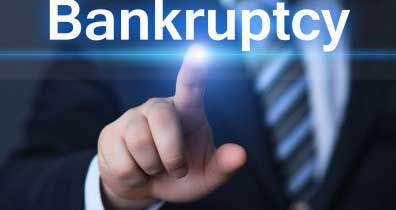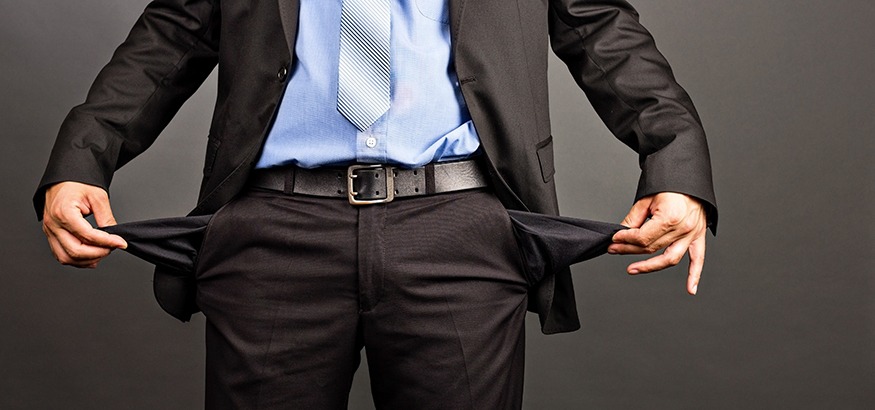Category: Bankruptcy
Investigating proof of debts and going behind court judgments
When can a liquidator (or trustee in bankruptcy) reject a proof of debt? In dealing with distressed companies and estates, liquidators and trustees are faced with competing claims and a limited number of assets in which to meet those competing claims. The situation is further complicated by the increasing costs involved in administering the estate…
Read articleWhat Happens to a Personal Guarantee in Bankruptcy?
What Is a Personal Guarantee?
A personal guarantee is a promise or agreement to make yourself personally liable for a debt. For example, if you personally guarantee the debts of your business, your lender can pursue the assets owned by the business as well as your personal assets if your business defaults on the loan. If your business cannot afford to pay the loan and it does not have enough assets to pay back the loan you guaranteed, the creditor can sue you to collect the balance.
What is Bankruptcy?
Bankruptcy is a process where people who cannot pay their debts give up their assets and control of their finances, either by agreement or court order, in exchange for protection from legal action by their creditors.
Read articleSomeone Who Owes Me Money Has Gone Bankrupt. Will I Be Paid What They Owe Me?
Any payment to you as a creditor (someone the person owes money to) will depend on the amount of money that can be obtained from the trustee in bankruptcy selling the assets of the bankrupt and from any money in the bankrupt
- Posted on
- Bankruptcy
- 2 Comments on Someone Who Owes Me Money Has Gone Bankrupt. Will I Be Paid What They Owe Me?




